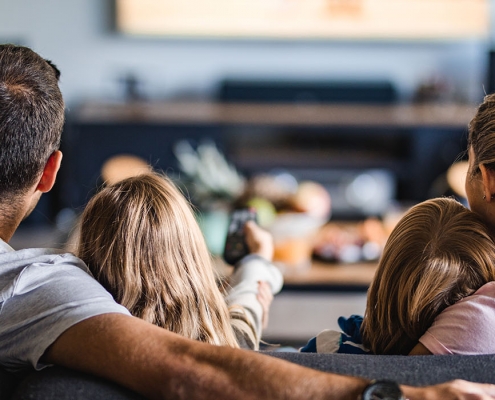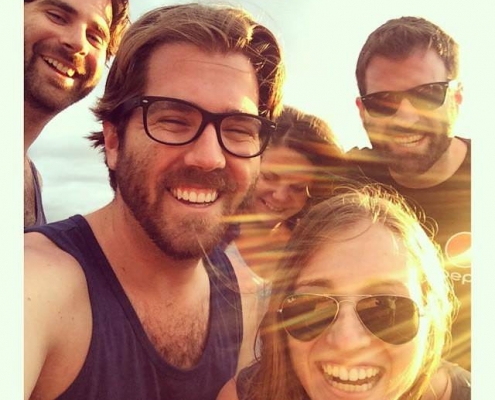Tag Archive for: teaching

Where Are The Parents?
Another school shooting today, this time in Maryland. This time the “bad guy with a gun” was killed by a “good guy with a gun.” But, the bad guy was 17 years old, so even though there was someone there to put an end to it, I have…

That’s Not How We Do It in Our Family
Over the years our children have come home and said things like, “You know, Eric’s family watches TV during dinner.” To which we would respond. “That’s nice, but that’s not how we do it in our family.”
Our response served two…

One Foot In Front of the Other
It's hard to be happy all of the time.
People say I’m an optimist… and, by most accounts, including my own, I would have to agree. Some days however, getting out of bed is not something that I look forward to. On those days, life is…

United We Go – Up Up and Away
I’ve got a lot bouncing around in my head lately, and although it's about our country, very little of it has to do with Washington. Fact is, I think it has something to do with what I see as the state of our "United" States.
Is Dr. Dao of…

Patriotic Parenting – Making America Great Again
Do it by raising great children. A “great” country needs great citizens… and building great citizens begins with focused and responsible parenting. Here are 5 ways that I believe patriotic parents can raise intelligent, inspired…

Building A Happy Family – 3 New Lessons
Even though I've written a book about parenting, the process of building a happy family continues to evolve, and after raising four children over a period of thirty-six years, there are a few things that stand out as lessons learned. Here…

The Homework Heretic
It’s back-to-school time and homework is in the news. Mrs. Brandy Young, a brilliant second-grade teacher in Godley, Texas sent a note home to parents explaining that her students would have no “formally assigned” homework this year.…

Our Son Says “We’re Pregnant!”
Our son Ben recently called and said “We’re pregnant!” JoAnn, my wife, was very quick to point out that Ben’s wife, Kelsie is pregnant and that they are having a baby. After all, JoAnn asks, “Is Ben nauseous all the time?” “Are…

Being a Team Player
I’ve been getting a lot of calls lately about Adam LaRoche. He’s the former Chicago White Sox player who retired last week after being asked to limit the amount of time his 14-year-old son, Drake, was spending with the team.
There wasn’t…

Three Important Parenting Questions
As JoAnn and I began navigating the parenting waters, we found that, in the process of defining our values, we were also determining some basic rules for running the family ship "our way." These were our first three basic questions:
Is…
